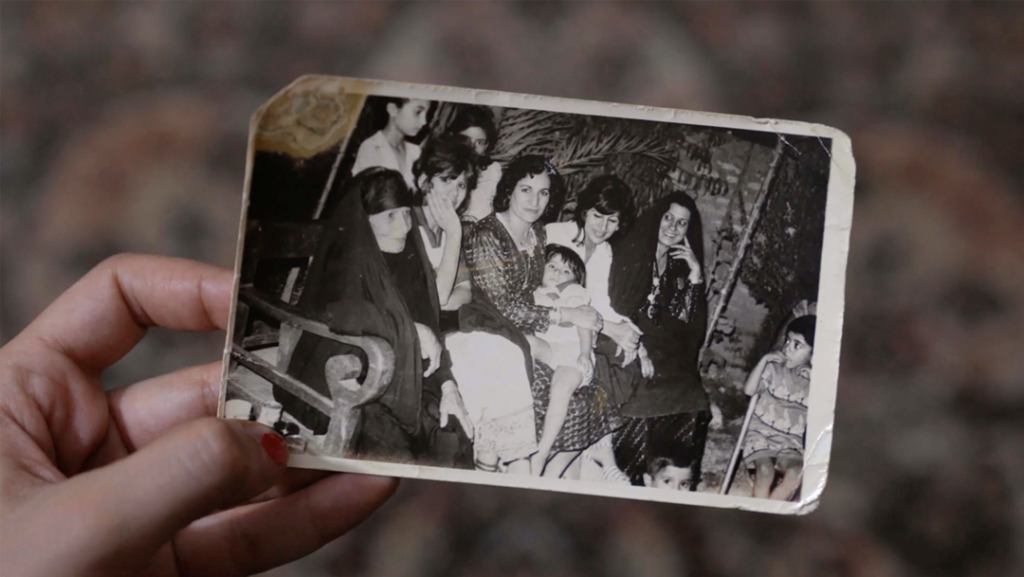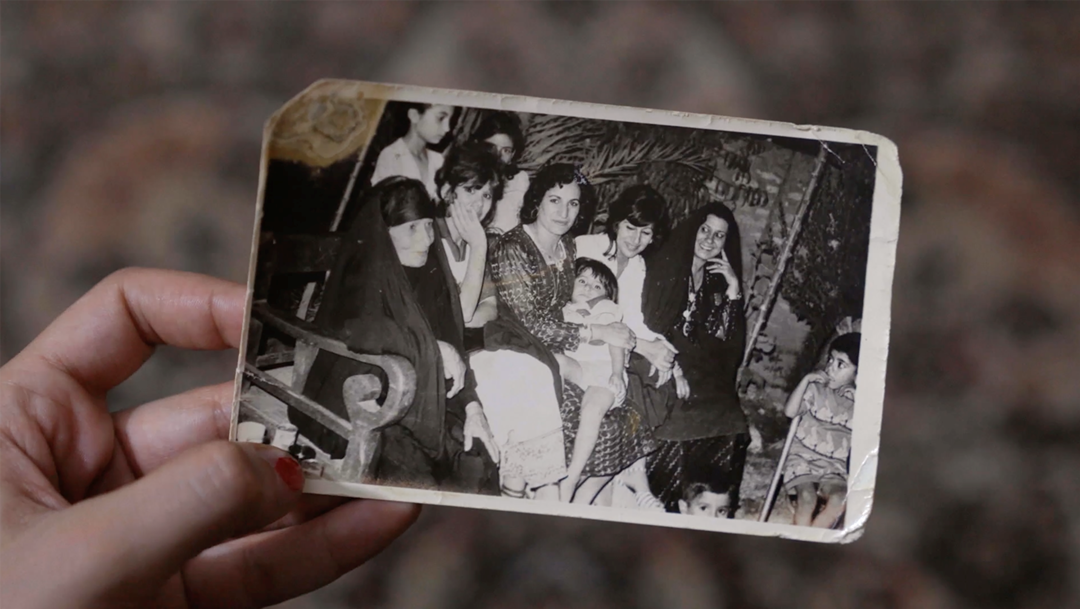Flana (Qatar, Iraq, France, 2025)
Original title: Flana
Director: Zahraa Ghandour
Screenplay: Zahraa Ghandour
Running time: 85 min
During this year’s Curitiba Film Festival, there was a joke among my fellow critics about a certain formula that has become increasingly common among independent works. It’s a mix of personal images, often mixed with extensive archival research, narrated in the director’s own voice. We said it was the event following the recognition of the talents of Petra Costa, who used the format in The Edge of Democracy (2019) and Apocalypse in the Tropics (2024). And coincidentally, the documentary Flana uses a similar format.

The story told here is serious, personal, and also resonates with government policy. Zahraa Ghandour is investigating the disappearance of a childhood friend, Nour, who vanished at age 10 under complex circumstances. But what she truly does is have the generosity to document an entire situation and way of life to share this story with the world, creating a narrative that is moving and surprising, without ever becoming cheesy.
Everything she shows us about this world of Iraqi women feels like a secret, with her using her position as a member of this circle to create an insider’s perspective on events. It’s no surprise that she begins the work by interviewing her own aunt, who was a midwife to most of the family members and also has a unique position, being unmarried, childless, and having witnessed so many events linked to the disappointment of having daughters. Even though the audience knows this is a reality in many places, seeing her on screen in such a natural and up-close way is still captivating.
And while we may not initially understand exactly where the film is going, the images captured along the way convey the warmth inherent in human relationships and keep us engaged in what the filmmaker has to say. Even the images that seem less connected carry significant symbolic weight, creating a visual poetry throughout the film. Along with this, there’s also a surprise stemming from the ignorance of being a Latin American with no significant contact with the Middle East, realizing how completely unrealistic the stereotypes created about women in the region are. While I was initially surprised by the absence of hijabs, a simple search reveals how fragile the images we create are — and fortunately, works like this exist precisely to break these images down and create more realistic ones in their place.
Even though it deals with a brutal subject, the film manages to do so with delicacy, always mindful of the legacy these images will carry as they bring this story to the world. Even though this is only the director’s debut film, she already demonstrates a control and empathy that many documentarians strive for.





